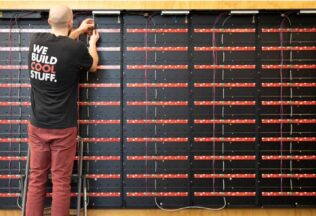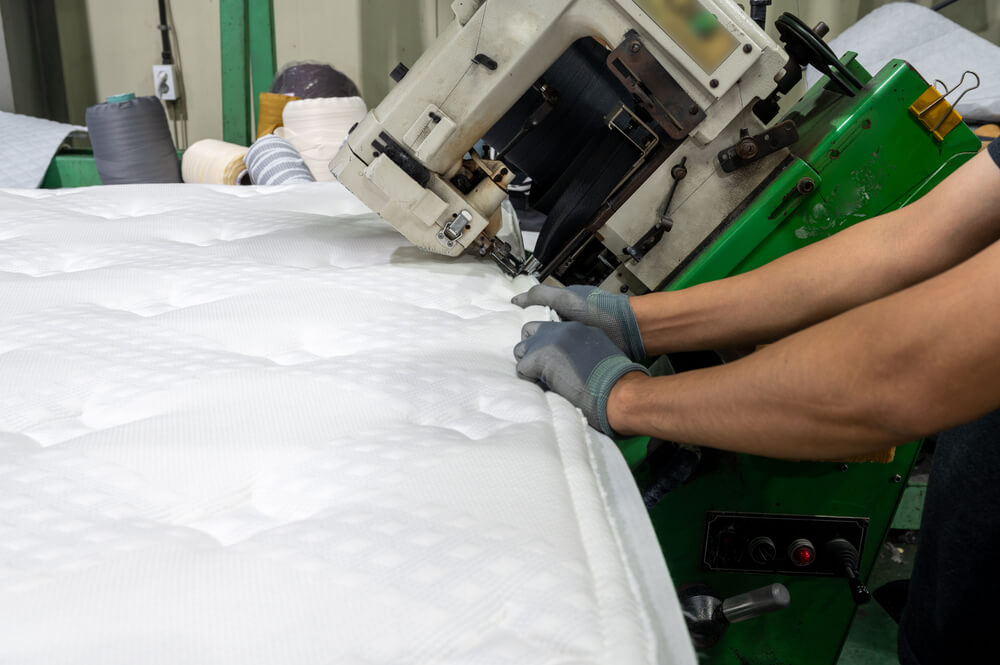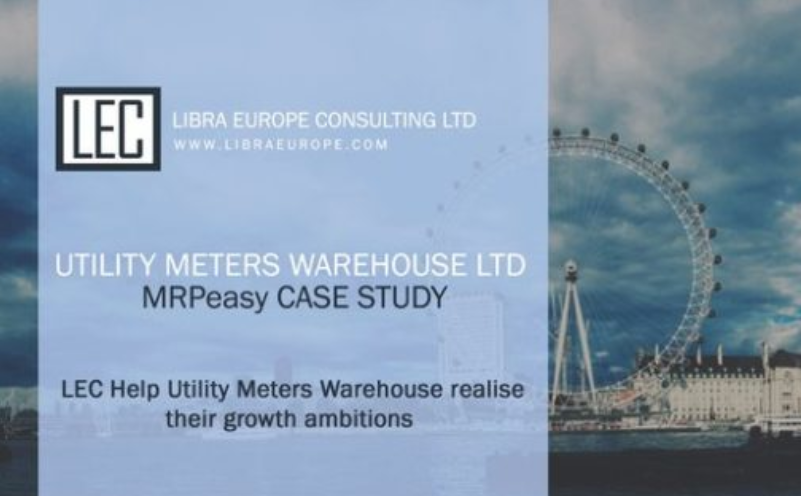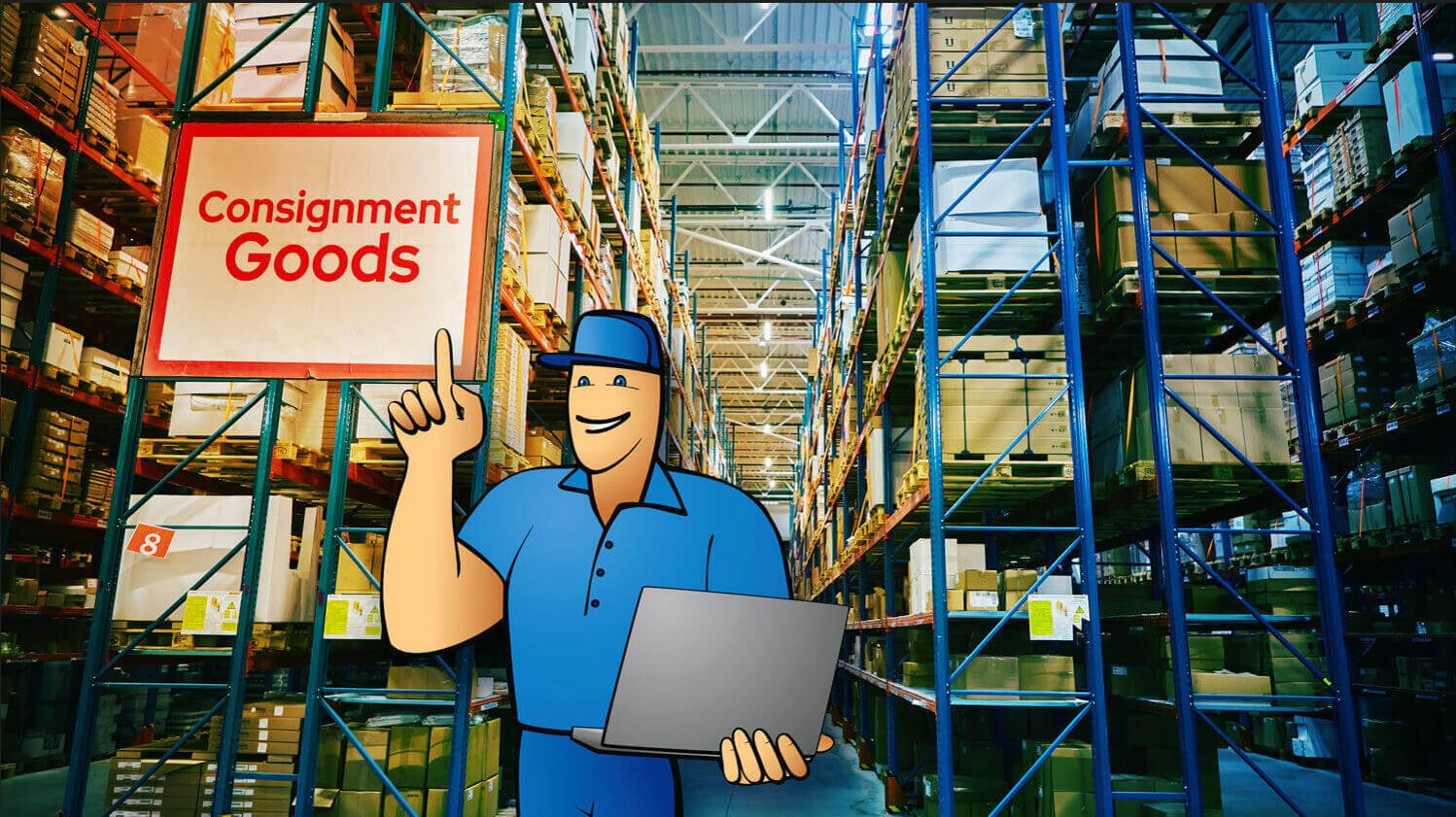Ex-NASA Engineer Now Guiding Manufacturers to Greater Efficiency
David Altemir, Founder of Altemir Consulting manufacturing consultancy from Dallas, used to build rocket ships. Today, he has his feet firmly planted on the shop floor, helping manufacturers across America improve their operational efficiency.
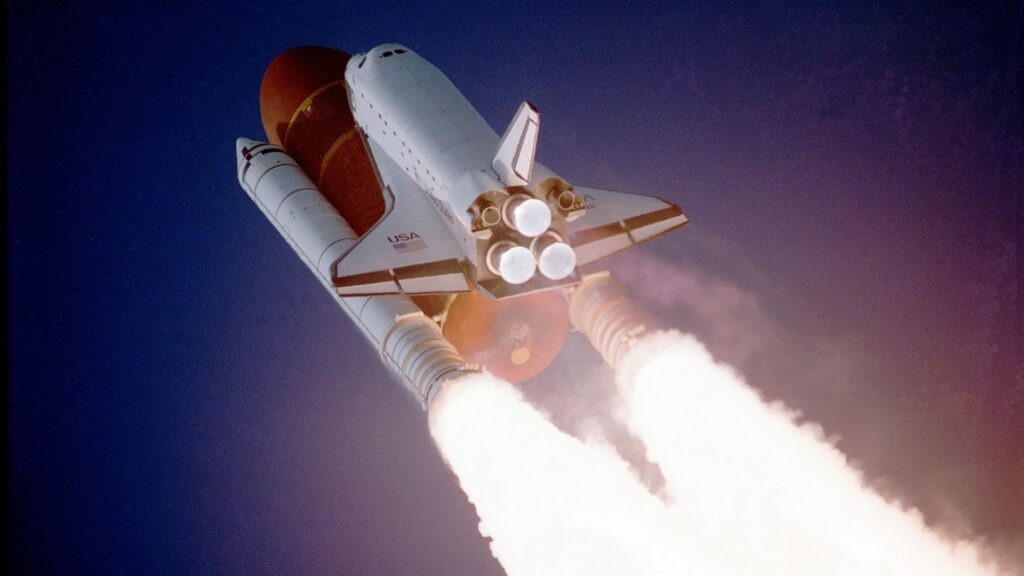
Putting together NASA’s ERP requirements
Altemir Consulting is a manufacturing consulting company from Dallas, Texas. The business was founded in 2017 by David Altemir, a former materials engineer and project manager at NASA who later worked in operations management and senior executive roles in commercial aerospace and defense companies and in the medical device industry.
“I’ve worked in the development and manufacture of, among others, underwater space station mockups, the fuselage of the X-38 spacecraft, UAVs, helicopters, as well as orthopedic implants and braces,” David says.
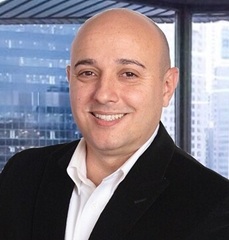
One of his many tasks at NASA involved putting together the requirements for the agency’s ERP system. This kickstarted David’s passion for business management systems and paved the way to spearheading implementation projects at future companies.
“After NASA, I was the leader of ERP implementations in all the subsequent companies I worked at,” he says.
Throughout his career, David has managed very diverse areas within manufacturing, from engineering and materials management to inventory management, production scheduling, and QA.
“The only departments I haven’t managed are marketing and sales, finance, and human resources,” he says.
Consulting became a full-time job
7 years ago, David decided that consulting other businesses would be the best use for his expertise. The first job he got was an ERP selection project for a manufacturing startup.
The client, a manufacturer of modular homes, needed something to make complex processes easier to manage. After looking at different solutions, including Netsuite and Microsoft, they eventually found something that ticked all their boxes.
“We took a deep dive into different manufacturing ERP systems and finally decided on MRPeasy,” he says.
David works with manufacturers in all of North America, mainly in the US. Although much of his background is in aerospace and medical devices, he has consulted companies in various industries, including industrial equipment, paper, chemicals, and many others. The size of the businesses he works with range from pre-revenue startups to those turning over billions annually.
“I think our biggest client so far, a chemical company, made $26 billion a year,” he states. “Most of our clients range between $5-100 million, though.”
Manufacturers need help navigating the ERP landscape
Often, businesses turn to Altemir Consulting to solve performance issues without considering ERP systems. Many of their clients, however, either need help finding and implementing a suitable software solution or optimizing their current one. They frequently reach out to the firm for help navigating the ERP market and understanding implementation costs, timelines, and methodologies. In these cases, David acts as an advisor, helping clients find the best possible solution for their business and prepare for implementation.
A typical ERP project consists of 4-5 stages, starting with a short discovery call during which David gets to know the company and their systems. After the discovery call, the implementation stage begins, with David setting up the new system and the data. Thirdly, David helps the company figure out how to adapt their processes, sometimes creating ISO-compliant standard operating procedures. After the system goes live, he provides the client with additional support and troubleshooting, and as a final step, helps the company integrate other apps with the new system.
“Mostly, I do QuickBooks integrations, but some e-commerce, CRM, and fulfillment apps also come up from time to time,” he says.
Another subset of clients needs help optimizing their existing system. They have previously implemented ERP software independently and are experiencing issues, inventory accuracy being the most common problem. According to David, in these cases, the root cause of the issue is not the software itself but rather a lack of transactional discipline or bad data inputs.
“I can’t think of a single instance where it was the software that was to blame for inaccurate inventory records,” he says.
One solution stands out in the SME market
Since starting the consultancy, a significant portion of Altemir Consulting’s work has involved implementing and optimizing MRPeasy, particularly as a service to small to discrete manufacturing SMEs.
“There are many solutions out there that look nice and are essentially good systems,” he says, “but MRPeasy’s capabilities are quite unique when it comes to fulfilling the needs of SME manufacturers.”
David emphasizes MRPeasy’s actual costing capability, which is much more useful than the standard costing most other solutions offer. While standard costing uses estimated costs for production, actual costing records real costs incurred during the manufacturing process. Actual costing provides a more accurate picture of expenses, which is essential when scaling production or when cost components fluctuate.
“Actual costing is particularly important for smaller companies that are ramping up production as they need to have a good understanding of their unit costs,” he says. “Few people realize this, but actual costing gives a terrific advantage to many businesses.”
Another functionality MRPeasy stands out with is traceability, which enables manufacturers to understand which material lots were used in the production of which products, who handled the products, and which clients ended up with the items. This functionality is vital for manufacturers in heavily regulated industries such as food, pharma, aerospace, and many others.
“Along with the ease of use and low price point of the software, these functionalities make MRPeasy really attractive for small and medium-sized manufacturers,” David says.
Advanced BOM management tools for complex products
MRPeasy also lends itself to companies that frequently update their product design and where effective engineering change and BOM management are crucial. For these manufacturers, an ERP system must support both Engineering Bills of Materials (EBOM) and Manufacturing Bills of Materials (MBOM), as each serves a unique purpose: EBOMs reflect product design specifications from engineering, while MBOMs guide the actual production on the shop floor. Without a clear process for managing engineering changes, transferring design updates to production can become complicated, leading to delays and costly errors.
For one, companies without a clear engineering change management process can find themselves constantly “scrubbing” the BOM to ensure it’s accurate and up-to-date for production or procurement. On the other hand, manufacturers might feel the need to wait for the BOM to be “frozen” into a final, unchangeable version before taking it to production. While constant BOM scrubbing is a waste of resources, waiting for the BOM to be frozen can significantly delay product launches.
“One of my clients waited for 13-14 months for the BOM to be frozen,” David says.
Additionally, without a revision control system, companies rarely know which version of the BOM they are currently working with, which makes inventory and purchasing inaccurate. That is why engineering change management is a must for companies that move frequently between design and production.
“Often, companies don’t take managing BOM versions seriously,” David says, “and this kills their efficiency.”
David has also worked with companies that need a simple way to manage customization options—a requirement solved by MRPeasy’s configurable BOM functionality.
“I recently consulted a roofing material manufacturer that offers its products in different colors and styles,” he says. “So I set up the matrix BOM functionality for them, which was challenging initially but made their jobs so much easier.”
Average project takes 3 months and $12-25k
Although many of MRPeasy’s clients implement the system independently, the software provider has a network of authorized consultants like David who help those with more intricate needs. With David, implementing MRPeasy usually takes around 3 months and costs $12,000-$25,000, which stands in stark contrast with other systems that could take years and hundreds of thousands of dollars to set up. To ensure customer confidence, David offers additional support after going live.
“As of yet, none of my clients have needed any extra assistance,” he states.
Although David chose MRPeasy for his first implementation project thanks to its user-friendliness, affordable price, and standout features, there’s another reason for his continued cooperation with the software provider.
“When a client says a functionality is missing, they take that into consideration,” he says. “I have suggested several features to them and provided technical specifications which they have actually used to develop the necessary functionality, including the Procurement Requirements screen that provides timely purchasing requirements for buyers.”
So far, David has helped around 30 manufacturers implement or optimize MRPeasy and is looking forward to guiding more American manufacturers to modernization and growth.
You may also like: Manufacturing Consultant’s Insights After Hundreds of Projects

